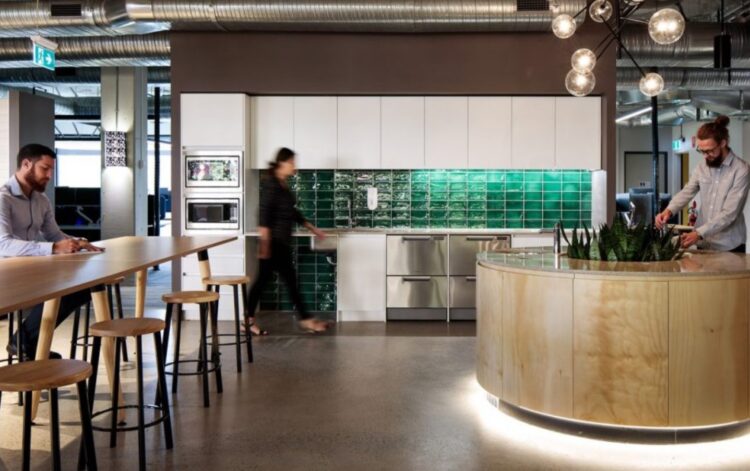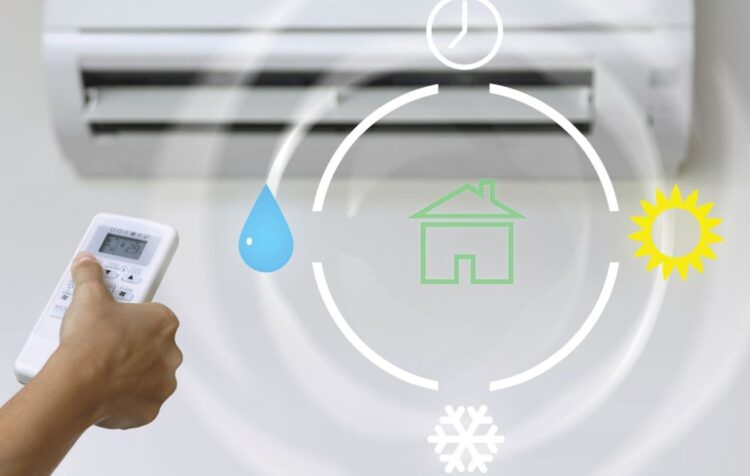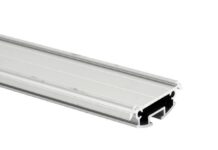
Are you thinking of going ahead and opening your very own small business? With many incentives flying around for small business owners in the hopes of speeding up the economic recovery, now could be the best time to consider opening up!
Online or Offline?
Opening any new business this year or next year is risky, especially when so many smaller businesses fail. Still, if you have the determination to succeed and a strong business plan, you can overcome the odds. However, the question remains, should you open online or offline? Maybe both?
As we’ve seen from the global health crisis, opening an online business is sensible to diversify your audience and keep trading during lockdowns, but by the end of the year, many citizens will be feeling the cabin fever of being stuck inside, which means brick and mortar businesses will be the place to go again.
We’ve all been missing the contact of friends and family, which means at any given chance, people are likely to want to visit bricks and mortar shops and stores again, putting you in a great position for increased footfall. So how do you ensure that you can save money on your new small business? Simple. You save money on your bills.

How to Save Money
Business expenses can be expensive, and it’s worth trying to start off on the right footing. Using a company like Utility Bidder to ensure you have the best deal on your business utilities is a great way to start to save money on all your bills, especially your water rates. Also, don’t forget to get an energy audit before you go for the best deal to make sure you’re saving as much money as possible!
Once you’re settled into your new business and new building, you can enjoy implementing these six tips for saving money on your utility bills.
1. Buy Energy Efficient

When you’re shopping for new appliances for your home like a fridge, freezer, or washing machine, you always look for the energy-efficient version, right? Why not do the same for your office or store equipment?
Investing in energy-efficient versions of appliances ensures you’re saving money in the long-run.
2. Lighting

Businesses can be guilty of keeping the lights on unnecessarily, which will waste energy. There is definitely a good reason to have security lights on, but for your standard light bulbs, make sure they are turned off when they’re not in use.
Why not invest in some motion sensing lights? These will turn off when no motion is detected, saving you money without even thinking about it!
While we’re on the subject of light bulbs, make sure you switch any lightbulbs you do have to energy-efficient LED versions, you’ll really see an impact on your electricity bill when you do.
3. Switch Off To Save

It’s not just the odd light bulb left on that costs you money; computer equipment and electricals left on ‘standby’ will also be leeching electricity and ensuring your profits go straight back to the electricity company if you’re not careful.
The obvious ones here are laptops and computers, but what about other devices you leave on overnight? The TV in your waiting area? Your touch-screen till? Even your microwave in the staff area could be costing you money.
Get into the habit every evening of ensuring all electricals that don’t need to be kept on (like fridges and freezers) are switched off overnight and only switched on again when they’re needed. Even get into the habit of turning off the taps to ensure you aren’t overusing your water.
4. Heating and cooling

Keeping your business area at a bearable temperature can be a tough one, especially in freak weather conditions such as a sudden temperature drop in winter or a heatwave in summer, but in order to save energy (and save money), you’ll need to ensure that you’ve thought ahead.
If your location doesn’t get very hot in the summer, but it does in the summer, invest in a good heating and good insulation but buy a fan or two for those days when it’s warmer. If you are in a hotter climate, it might be worth investing in passive cooling options such as shutters for windows, fans, or even stone floors. Of course in very hot climates an air conditioning system is a must, as is the training to employees to let them know how to use it properly and efficiently.
Controlling the heating and cooling of your building also covers aspects such as radiators and thermostats. Some of the newer heating and cooling systems come with individual room zones and thermostatic sensors to really give you better control over your heating and cooling in your building.
5. Think About Demand

It’s a long time since the world worked Monday-Friday 9-5. In today’s always-on culture and always connected landscape, we’re used to working all sorts of hours. So the question is, why does your business stick to ‘business hours’?
If you run a retail or food outlet, you may have set hours on your lease, but for other types of businesses, you may want to think outside of business hours to save you money on your bills and to reach new audiences.
If you run a beauty business, for example, you may want to look into working in the evenings. This could mean getting new customers that wouldn’t normally be able to attend a session and saving money. A hair salon might be able to open when water rates are lower.
For more office-based businesses, why not consider staggering the start time and finish time of your employees? This could have great advantages of being able to go global with your business and attracting talent to work for you who are at their most productive at different times of the day.
Having different business hours can be tough, depending on your industry, but the financial benefits of working on cheaper tariffs could work out substantially.
6. Get Everyone Involved

There’s something to be said for teamwork and camaraderie! Get your staff involved in saving energy, water, and more, but present it as a fun and attractive thing to do. Encouraging them to turn the tap off while washing their hands and turn off the lights when they are the last one to leave the room can make a world of difference.
Why not split them into teams and give bonuses for which team does best? Or at least educate them on the issues of climate change behind your sudden turn to the green-side.
Source: https://www.businessenergyuk.











